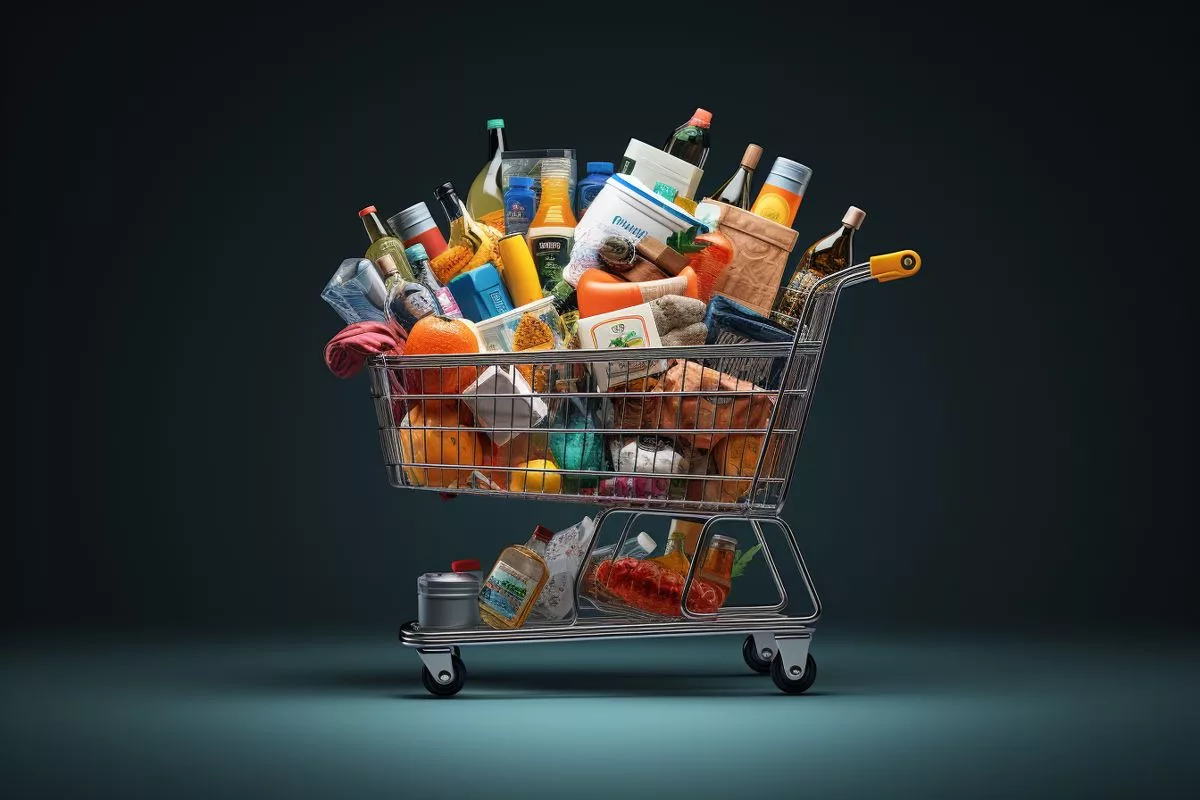Minister Senzo Mchunu has launched initiatives in uThukela and uMzinyathi District Municipalities to ensure access to clean water by drilling boreholes and launching water projects, significantly reducing water supply deficits in the regions. The introduction of a production borehole to supplement the Tugela Estates plant increased water supply to Mhlumayo, Bhaza, Ghobo, and Oqungweni, providing a new water source to roughly 4,300 inhabitants. Minister Mchunu’s approach stands as proof of the government’s dedication to its citizens, restoring dignity, safeguarding public health, improving living standards, and building robust communities.
Minister Senzo Mchunu has initiated projects to ensure access to clean and readily available water in uThukela and uMzinyathi District Municipalities by drilling boreholes and launching water projects, significantly reducing water supply deficits in the regions. The addition of new boreholes has restored supply in vandalized Kranskop, serving the town and its surrounding areas while the introduction of a production borehole to supplement the Tugela Estates plant increased water supply to Mhlumayo, Bhaza, Ghobo, and Oqungweni, providing a new water source to roughly 4,300 inhabitants.
Access to clean and readily available water is an indispensable human right, a vow that has been fulfilled in the uThukela and uMzinyathi District Municipalities due to the untiring dedication of Minister Senzo Mchunu. The reverberation of drilling boreholes and initiation of water projects in these territories signified a critical progression towards resolving the longstanding water supply issues that had previously affected these regions.
Overcoming Water Supply Challenges
A year prior, the Mhlumayo Village in uThukela District Municipality and the Kranskop town in uMzinyathi District confronted substantial water supply issues. Minister Mchunu, the person responsible for Water and Sanitation, devoted himself to these communities, assuring them of measures that would reestablish their water supplies.
True to his word, Minister Mchunu, along with Deputy Minister Judith Tshabalala, revisited these communities on the 20th and 21st of November 2023. However, their visit wasn’t merely a return trip; it was the grand revealing of the promised interventions.
Directed by Minister Mchunu, two boreholes got commissioned at the Kranskop Water Treatment Works. This well-thought-out action was aimed to bolster the water supply not just in Kranskop town, but also in the surrounding regions within the uMzinyathi District Municipality.
Breathing New Life into Communities through Water
The Minister’s work didn’t end in Kranskop. He had a meeting with Inkosi Sithole from Mhlumayo village along with the neighboring chieftains, who, like their fellow villagers, grappled with water supply deficits. Mhlumayo and its adjacent villages, comprising of Oqungweni, Bhaza, and Ghobo, were serviced by the Tugela Estates Water Treatment Plant. However, due to equipment failures, the plant was able to generate only 0.8 million litres per day, which was significantly less than its design capacity of 1.4 million litres. This shortfall rendered the plant unable to meet the increasing demands of these villages, leaving the dwellers parched and in despair.
The decision to introduce a production borehole to supplement the Tugela Estates plant was a pivotal move. With this initiative, the water supply to these areas increased by 432 kilolitres per day – a noteworthy enhancement in their water services. Coupled with the extra boreholes in Mhlumayo, this initiative significantly reduced the water supply shortages in the villages, providing a new water source to roughly 4,300 inhabitants.
Restoring Water Supply in Vandalism-Stricken Kranskop
Kranskop was grappling with a similar issue. Vandalism had decreased the number of operational boreholes from eight to two, diminishing the plant’s functioning capacity to 0.5 million litres per day. Nonetheless, Minister Mchunu’s intervention proved to be a lifesaver. The addition of two new boreholes restored supply and returned the plant’s output to its original design capacity of 2 Ml/d, effectively serving the town and its surrounding territories.
The plant now has the capacity to store 2.2 million litres of drinkable water, a volume sufficient for Kranskop town and the neighboring areas in Wards 17 and 19. As an immediate outcome of the additional boreholes, the Kranskop plant is now expected to serve an extra 525 users in the town and the nearby regions.
Minister Mchunu’s approach to the water supply challenges in uThukela and uMzinyathi District Municipalities stands as proof of the government’s dedication to its citizens. The Minister isn’t stopping at this; he has pledged more water projects under the uMzinyathi District Municipality, specifically in the Msinga region.
While these interventions and enhancements may appear as small drops, they create a significant ripple effect of change. For the residents of Mhlumayo, Bhaza, Ghobo, Oqungweni, and Kranskop, the pledge of accessible clean water has finally materialized. This isn’t merely about the provision of water; it’s about restoring dignity, safeguarding public health, improving living standards, and building robust communities.
1. What is Minister Senzo Mchunu’s initiative in uThukela and uMzinyathi District Municipalities?
Minister Senzo Mchunu has launched initiatives in uThukela and uMzinyathi District Municipalities to ensure access to clean water by drilling boreholes and launching water projects, significantly reducing water supply deficits in the regions.
2. What did Minister Mchunu’s intervention in Kranskop involve?
Minister Mchunu commissioned two new boreholes at the Kranskop Water Treatment Works to bolster the water supply not just in Kranskop town, but also in the surrounding regions within the uMzinyathi District Municipality.
3. How did Minister Mchunu improve water supply in Mhlumayo and its adjacent villages?
Minister Mchunu introduced a production borehole to supplement the Tugela Estates plant in Mhlumayo, increasing the water supply to these areas by 432 kilolitres per day and significantly reducing the water supply shortages in the villages, providing a new water source to roughly 4,300 inhabitants.
4. How did Minister Mchunu restore water supply in vandalized Kranskop?
Vandalism had decreased the number of operational boreholes in Kranskop, diminishing the plant’s functioning capacity to 0.5 million litres per day. However, Minister Mchunu’s intervention involved the addition of two new boreholes, which restored supply and returned the plant’s output to its original design capacity of 2 Ml/d, effectively serving the town and its surrounding territories.
5. What is the significance of Minister Mchunu’s approach to water supply challenges in uThukela and uMzinyathi District Municipalities?
Minister Mchunu’s approach stands as proof of the government’s dedication to its citizens, restoring dignity, safeguarding public health, improving living standards, and building robust communities.
6. Will Minister Mchunu continue with water projects in uMzinyathi District Municipality?
Yes, Minister Mchunu has pledged more water projects under the uMzinyathi District Municipality, specifically in the Msinga region.








